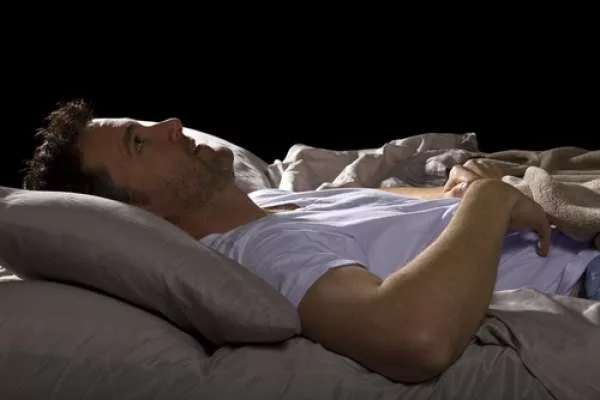Circadian rhythms are changes the body and mind make in response to a 24-hour cycle. Light and darkness from the environment regulate these rhythms. Thanks to circadian rhythms, the body knows when to release hormones, adjust body temperature, and, most importantly, when to sleep.
Many are fortunate enough to get at least seven hours of sleep every night. But this isn’t the case for those with mental disorders. Disturbances in circadian rhythms, or sleep-wake cycles, are common symptoms in psychiatric patients, but the specifics have yet to be defined. Rébecca Robillard, a research fellow at the Brain & Mind Research Institute at the University of Sydney, aims to closely examine sleep cycles in young people with anxiety, mood, and psychotic disorders. In a study seen in the September 2014 volume of Journal of Psychiatry & Neuroscience, Robillard found that those with mental disorders have distinct sleeping problems. These observations suggest psychiatric treatments to address sleep issues in order to better patient care.
How Are Circadian Rhythms Disturbed?
A total of 301 individuals, ages 12 to 35, were divided into four groups according to their diagnoses: 56 with anxiety disorders, 135 with unipolar depression, 80 with bipolar disorder, and 30 with psychotic disorders. The control sample consisted of 41 healthy individuals. Robillard recorded the following measures:
- Sleep onset, the transition from awake to asleep
- Sleep offset, the transition from asleep to awake
- Total length of sleep (only the longest period of sleep was recorded; naps were excluded)
- How much an individual wakes up during their sleeping period
- Amount of time awake during the sleeping period
- Time spent sleeping during the sleep period
For the course of four to 22 nights, participants were asked to keep a sleep diary and wear an actigraph unit to measure their sleep.
What Sleep Patterns Reveal About Mental Disorders
Robillard was able to confirm that those with mental disorders have significantly altered sleep patterns compared to healthy individuals. The observations she made include:
- Those with anxiety disorders, depression, and bipolar disorders had the most trouble falling asleep and woke up the most during their sleep periods.
- All four groups experienced later sleep offset times.
- Those with anxiety disorders had the longest sleep periods, followed by bipolar disorders, psychosis, and depression.
- Those with bipolar disorders had the most varied sleep onset times.
- Variability in total sleep was highest among the anxiety and psychosis groups.
This set of data is the first of its kind and highlights significant symptoms in psychiatric patients that can improve patient care. Looking at the findings, Robillard advocates for “developing adapted sleep and circadian-based intervention for young individuals with mental disorders.”
Sources
Rébecca Robillard, Daniel F. Hermens, Sharon L. Naismith, Django White, Naomi L. Rogers, Tony K.C. Ip, Sharon J. Mullin, Gail A. Alvares, Adam J. Guastella, Kristie Leigh Smith, Ye Rong, Bradley Whitwell, James Southan, Nick Glozier, Elizabeth M. Scott, Ian B. Hickie. Ambulatory sleep-wake patterns and variability in young people with emerging mental disorders. Journal of Psychiatry & Neuroscience, 9 September 2014; DOI: 10.1503/jpn.130247
Mark Willson, holding a Ph.D., functions as a psychotherapist in Washington, D.C. His specialized fields encompass addiction, anxiety, depression, as well as sexuality and interpersonal connections. Dr. Willson holds the distinction of being a diplomat for the American Board of Addiction and Anxiety, further serving as a certified counselor and addiction specialist.
Aside from his personal professional endeavors, Dr. Wilson has engaged in roles as an author, journalist, and creator within substantial medical documentary projects.




